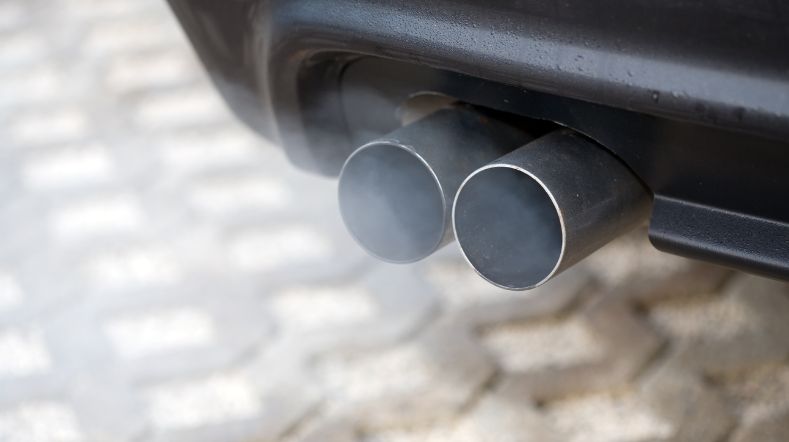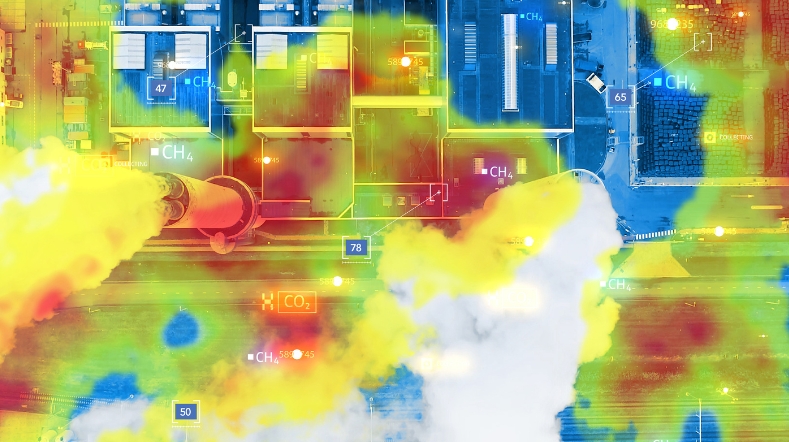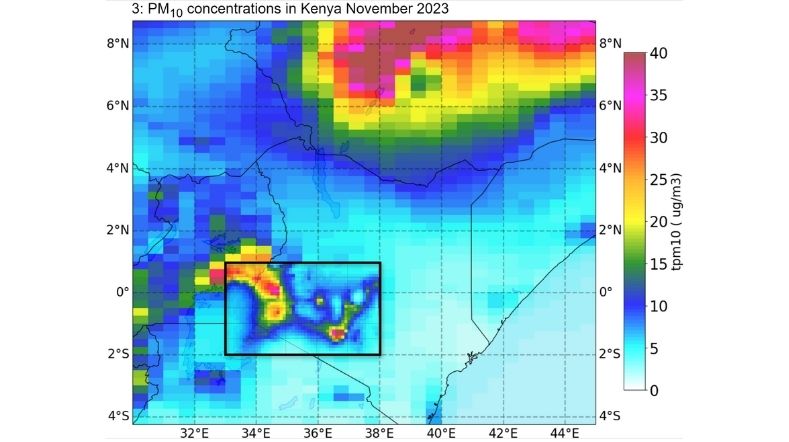
The 3 logical starting points for improving air quality in your municipality
Governments face challenging choices when it comes to improving air quality. It is ultimately up to the municipalities in what areas they take action. But that action must be taken to meet the target is beyond doubt.
First, a real-life example. A fire in the garden seems harmless to many citizens in windless weather. It is just one night, the emissions are not constant, the smoke disappears into the air, and people choose it themselves. But many don’t know how long the smoke lingers on windless evenings, and how it spreads. Local residents may experience health issues as a result. As a policymaker, you know it’s wise to keep actively promoting the fire guide to make people aware.
The 3 logical starting points
Several types of measures are presented within the context of the Clean Air Agreement (in Dutch). Depending on the type of sources and the spatial planning of the municipality, a consideration may be made. But how do you choose the best options for your municipality?
There are a number of starting points to consider as a municipal government when it comes to making the air your residents breathe cleaner.
- For example, avoid particulate matter sources downwind or near where many people regularly meet.
- Reduce sources near sensitive groups of residents.
- Use tools like the fire guide to educate your residents on how to avoid unnecessary air pollution in adverse weather conditions.
Looking at currently available data and regulations and using common sense is already a good start. Are you considering any of the additional measures mentioned below? At TNO, we can advise you on which measures are best suited to your situation and together we can get started with our approach to healthy air. Please contact us for more detailed information.
Measures for healthy air
- Traffic and transport: Environmental zone, zero-emission vans, buy-back scheme for old mopeds and scooters, restricting traffic, encouraging public transport, encouraging walking and cycling (e.g., bicycle streets)
- Industry: Electrification, covering storage or transshipment areas, making best available techniques mandatory (e.g., via emission requirements in permits)
- Households: Wood fires (information, compulsory fire recommendation, wood fire-free areas, buying up wood fire installations), fireworks ban, emission requirements in permits and tenders
- Agriculture: Air washers, reduction of biomass burning, heat remediation, renewing emission requirements
- Shipping: Shore power (encourage, oblige), emission requirements in permits and tenders
Get inspired
Environmental DNA: TNO charts a new course for biodiversity monitoring


An innovative view on particulate matter


Tracking sources of greenhouse gases with satellites


This is our time: Eleonie van Schreven’s work on small satellites with a big impact


ATACH selects TNO model for climate-related health risks in Kenya



